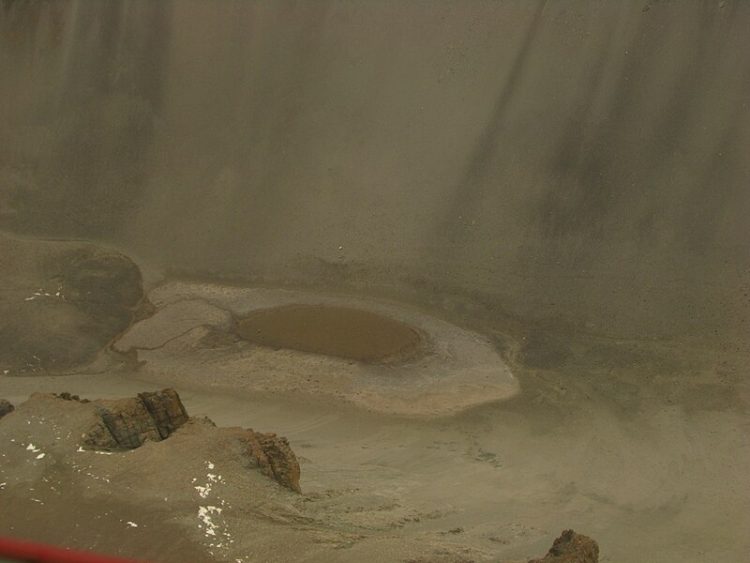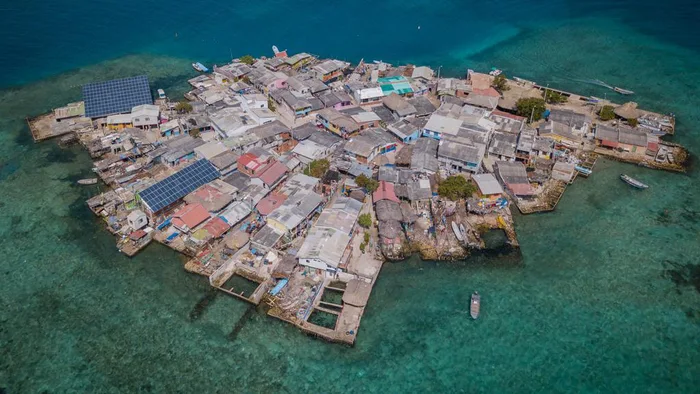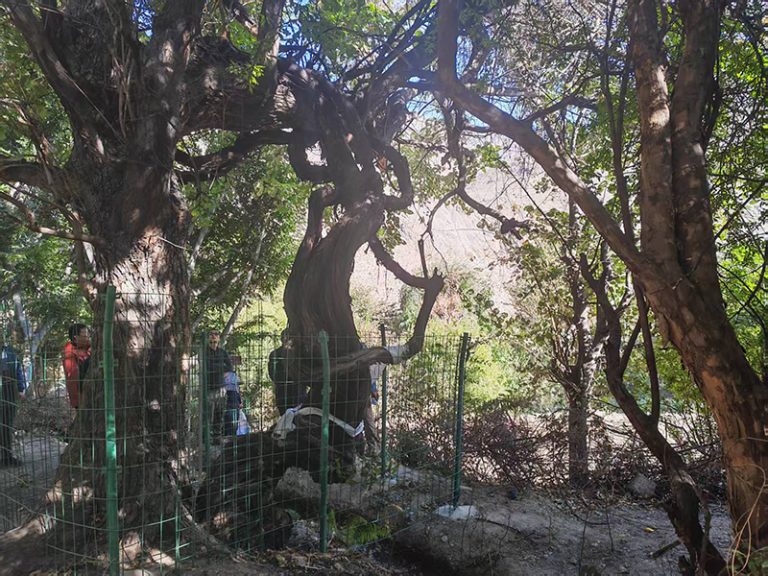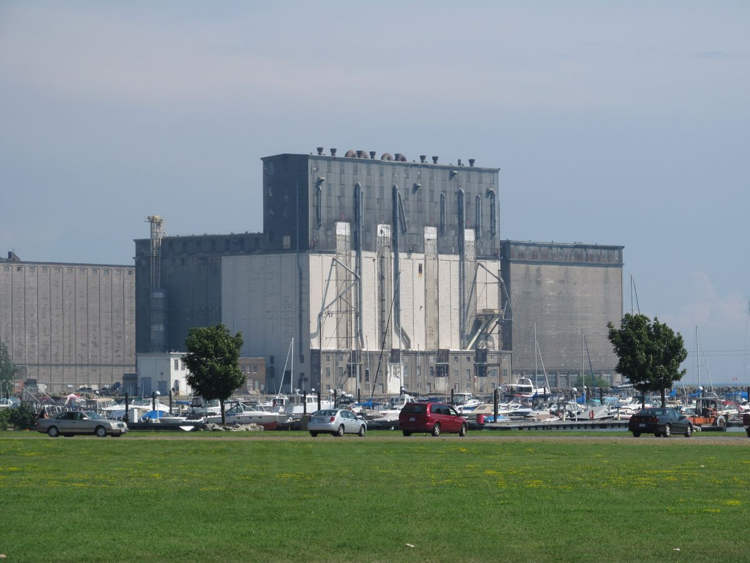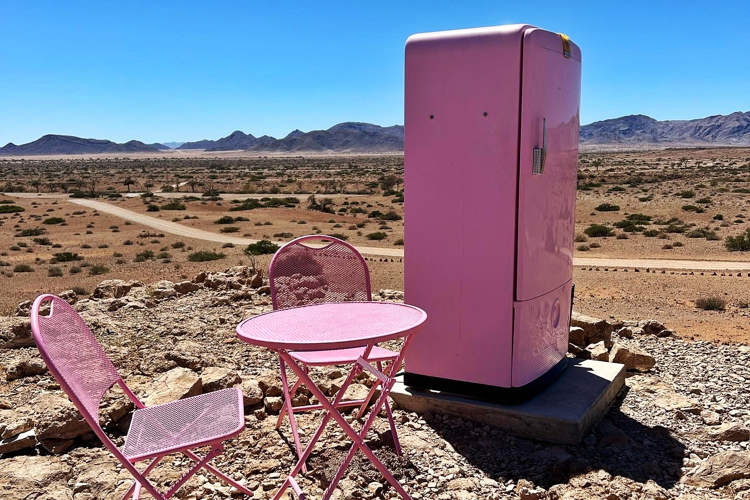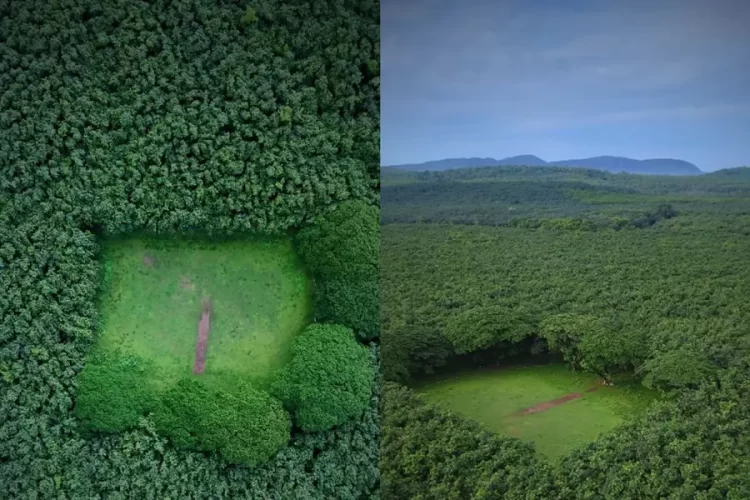Located in Antarctica’s McMurdo’s Dry Valleys, the shallow Don Juan Pond is the world’s saltiest body of water. With a salt content that puts the Dead Sea to shame, it remains liquid even at -58 degrees Celsius (-50 Fahrenheit).
At four inches deep, Don Juan Pond looks more like a large puddle than an actual pond, but it has fascinated scientists for decades. A liquid puddle of this size in an alien-like environment where temperatures can drop to -50 degrees Fahrenheit was bound to draw attention at one point, and the tiny body of water has been buzzing with scientists since it was discovered in 1961. A quick analysis revealed its salt content to be around 40%; to put that into perspective the world’s oceans have a salinity of 3.5%, the Great Salt Lake varies between 5 and 27 percent, and the famous Dead Sea is 34% salt.
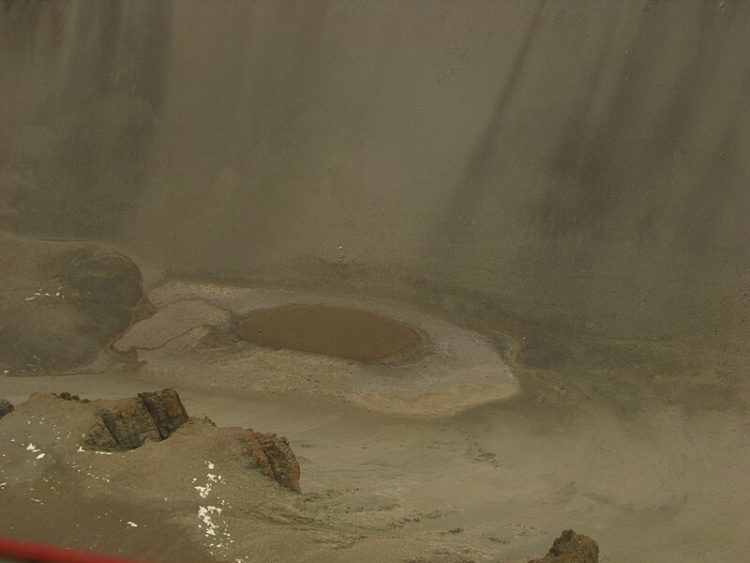
Photo: By Dturme – Own work, CC BY-SA 4.0
The world’s saltiest body of water is tucked away in a valley in one of the driest environments on Earth, where it never rains and rarely snows. The few other pinds in the area are capped by several meters of solid ice, but the calcium-chloride-rich waters of Don Juan Pond very rarely freeze. The salt particles lower the freezing point of water by moving between molecules and preventing the formation of ice crystal lattice.
One of the greatest mysteries of Don Juan Pond is its origin. For decades, scientists believed that the ankle-deep body of water was constantly fueled by groundwater bubbling up to the surface, but about a decade ago, Brown University geologists Jay Dickson and James Head showed that the saline water most likely comes from the atmosphere. By setting up cameras, they were able to show that salts in the soil of McMurdo’s Dry Valleys suck moisture from the air through a process called deliquescence. These water-rich salts then trickle down toward Don Juan Pond, often mixing with meltwater from snow and ice.
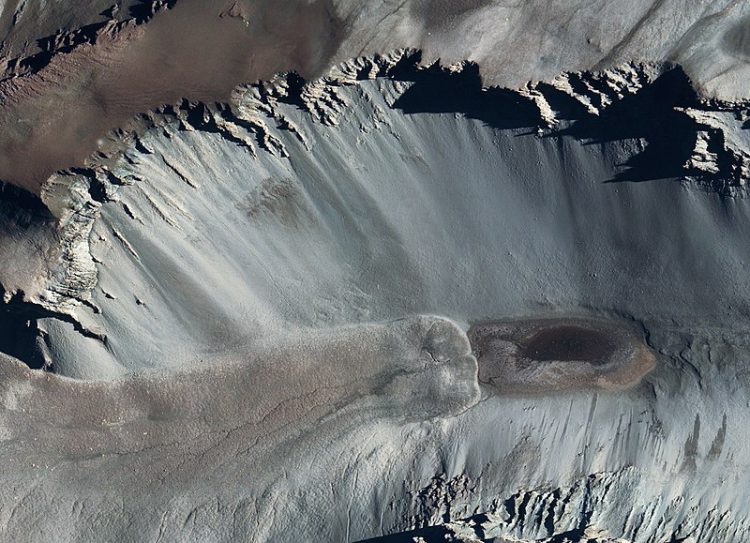
Another fascinating thing about Don Juan Pond is the possibility of its extremely salty water containing microscopic life forms. The possibility of life surviving in such an extreme environment would suggest that life exists or once existed on planets like Mars.
“There is certainly biology in the vicinity of the pond and some evidence for biologic activity in the pond itself, but this activity could be explained by abiotic processes,” Jay Dickson explained. ”Mars has a lot of salt and used to have a lot of water.”

